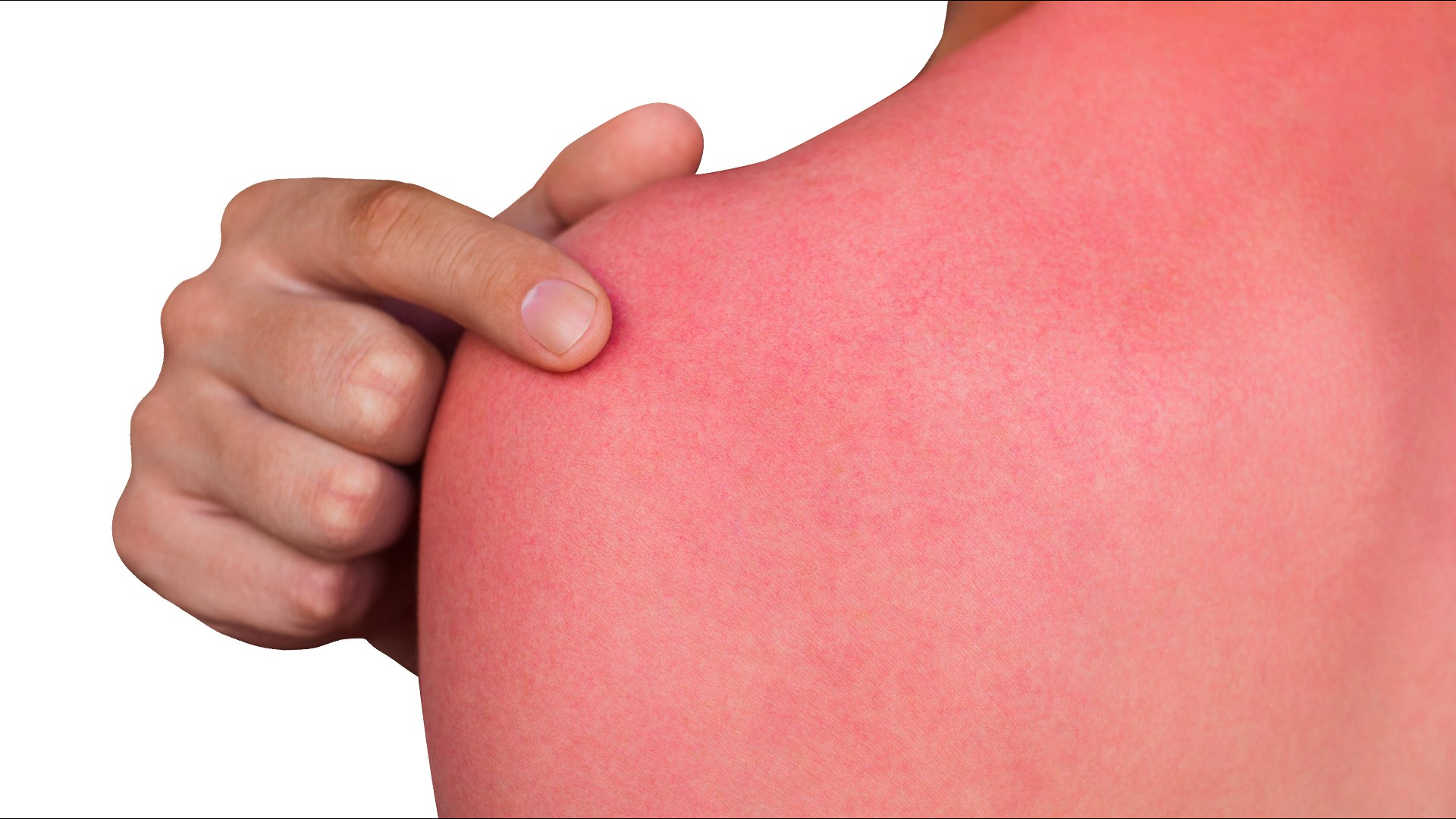We all know it's important to apply sunblock when outside for long hours, whether it's cloudy or clear.
But what about intensity? Can you actually sunburn faster on a cloudy day? We verified and have your answer.
It started with a question from a CBS 19 viewer.
"I have always heard you will sunburn faster on cloudy days than on sunny days. I think it is just that you don't feel like you are burning because you don't feel the heat as much. Please verify," viewer Roland wrote.
So, we did some research and talked to a board-certified dermatologist to find out.
"So, I think with sun exposure people get fooled when it's cloudy. People assume that if the sun is not out and you don't see it as a bright day then you can't get enough sun exposure to cause a sunburn," said Dr. Simone Stalling of the U.S. Dermatology Partners in East Texas.
Dr. Stalling said the confusion comes into play with the cloud cover.
"That's where the misconception is that during cloudy days you can still get enough sun exposure that you are getting damage to the surface of the skin and that's exactly what a sunburn is." Stalling said.
According to the Skin Cancer Foundation, up to 80 percent of the sun's rays can pass through clouds. That's why you can end up with a serious sunburn if you spend too much time outside without sunblock.
But, when it comes to how quickly you sunburn -
"It's not necessarily that you're getting burned faster. It's just that you're getting a persistent exposure. You actually can get sun exposure all day even with transient movement, in and out from the house to the car."
So, that's false. Whether it's cloudy or clear, it has no effect on how fast you can get a sunburn.
Of course, Dr. Stalling said the best protection is prevention.
"If you're using sunscreen on sun exposed areas, it cuts back on your risk of melanoma by about 50 percent...honestly jeans have an SPF of a hundred. We just have to make sure we're diligent about those areas that are still exposed to the sun."

